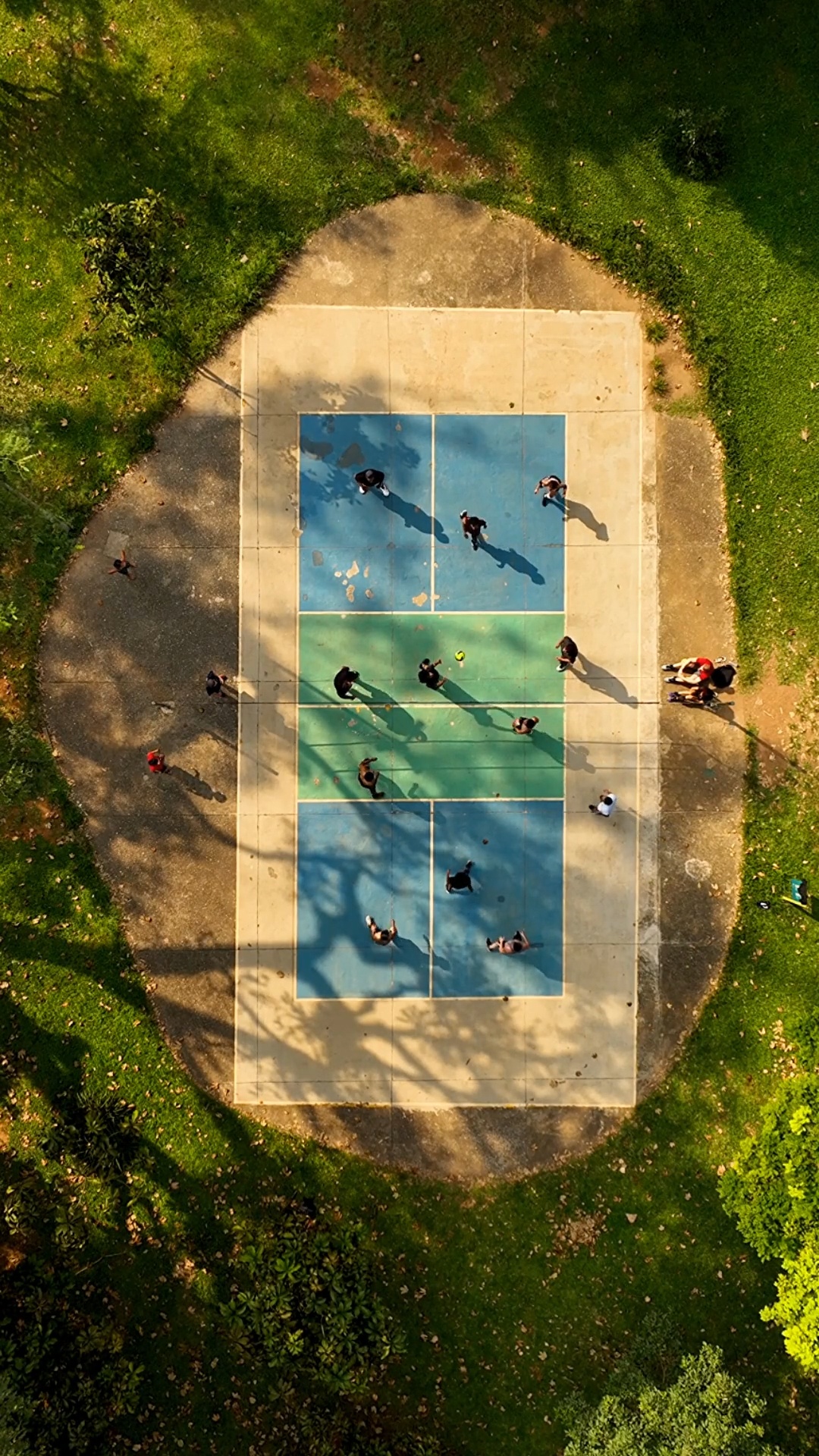Bronchiolitis
Here’s a concise and easy-to-understand breakdown of **Bronchiolitis** — ideal for quick reference, presentations, or class notes.
---
## 🌬️ **Bronchiolitis**
---
### ❓ **What is Bronchiolitis?**
**Bronchiolitis** is an **inflammation** of the **small airways (bronchioles)** in the **lungs**, most commonly caused by a **viral infection**. It primarily affects **infants and young children** under the age of 2.
---
### 🦠 **Causes**
- The most common cause is the **Respiratory Syncytial Virus (RSV)**.
- Other viruses can also cause bronchiolitis:
- **Influenza virus**
- **Adenovirus**
- **Parainfluenza virus**
- **Human metapneumovirus**
---
### ⚠️ **Risk Factors**
- **Age**: Infants and children under 2 are most at risk.
- **Premature birth**
- **Underlying health conditions** (e.g., congenital heart disease, chronic lung disease)
- **Exposure to secondhand smoke**
- **Living in crowded conditions**
---
### 🩺 **Symptoms**
Bronchiolitis usually starts with symptoms similar to a common cold, followed by more severe respiratory symptoms:
- **Runny nose**
- **Cough**
- **Sneezing**
- **Fever**
- **Wheezing** (a high-pitched sound when exhaling)
- **Rapid breathing** (tachypnea)
- **Difficulty breathing** (nasal flaring, grunting)
- **Fatigue or irritability**
---
### 🧪 **Diagnosis**
- **Clinical examination** by a healthcare provider
- **History** of exposure (family, daycare, etc.)
- **Chest X-ray** (may show hyperinflation or patchy infiltrates)
- **Pulse oximetry** (to check oxygen levels)
- **Nasopharyngeal swab** (for viral identification, especially RSV)
---
### 💊 **Treatment**
- **Supportive care** is the main treatment:
- **Oxygen therapy** (for low oxygen levels)
- **Hydration** (oral or IV fluids)
- **Saline nasal drops** and suctioning to clear mucus
- **Monitor respiratory rate** and signs of distress
- **Hospitalization** may be required for severe cases (e.g., difficulty breathing, low oxygen levels).
- **Medications** (typically not used routinely):
- **Bronchodilators** (e.g., Albuterol) may be tried, but are **often ineffective** in bronchiolitis.
- **Steroids** and **antibiotics** are generally **not recommended** unless there’s a secondary bacterial infection.
---
### 🛡️ **Prevention**
- **Frequent hand washing** and **hygiene practices**
- **Avoiding exposure to sick individuals**
- **Breastfeeding** (can help boost immunity)
- **Avoiding tobacco smoke**
- **RSV immunization** (Palivizumab) for high-risk infants (e.g., premature babies)
---
### 📊 **Prognosis**
- **Mild cases**: Often recover within **1-2 weeks** with no long-term issues.
- **Severe cases**: May require **hospitalization**, but most recover fully with treatment.
- **Recurrent wheezing**: Some children may have repeated wheezing episodes in later years, but they usually outgrow it.
---
### 🚨 **Complications (if untreated or severe)**
- **Pneumonia**
- **Respiratory failure**
- **Dehydration**
- **Worsening of pre-existing chronic lung conditions** (e.g., asthma)
---
Would you like this information presented as a **one-page visual guide**, **infographic**, or **flashcards**? Let me know your preferred format!


